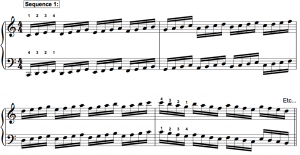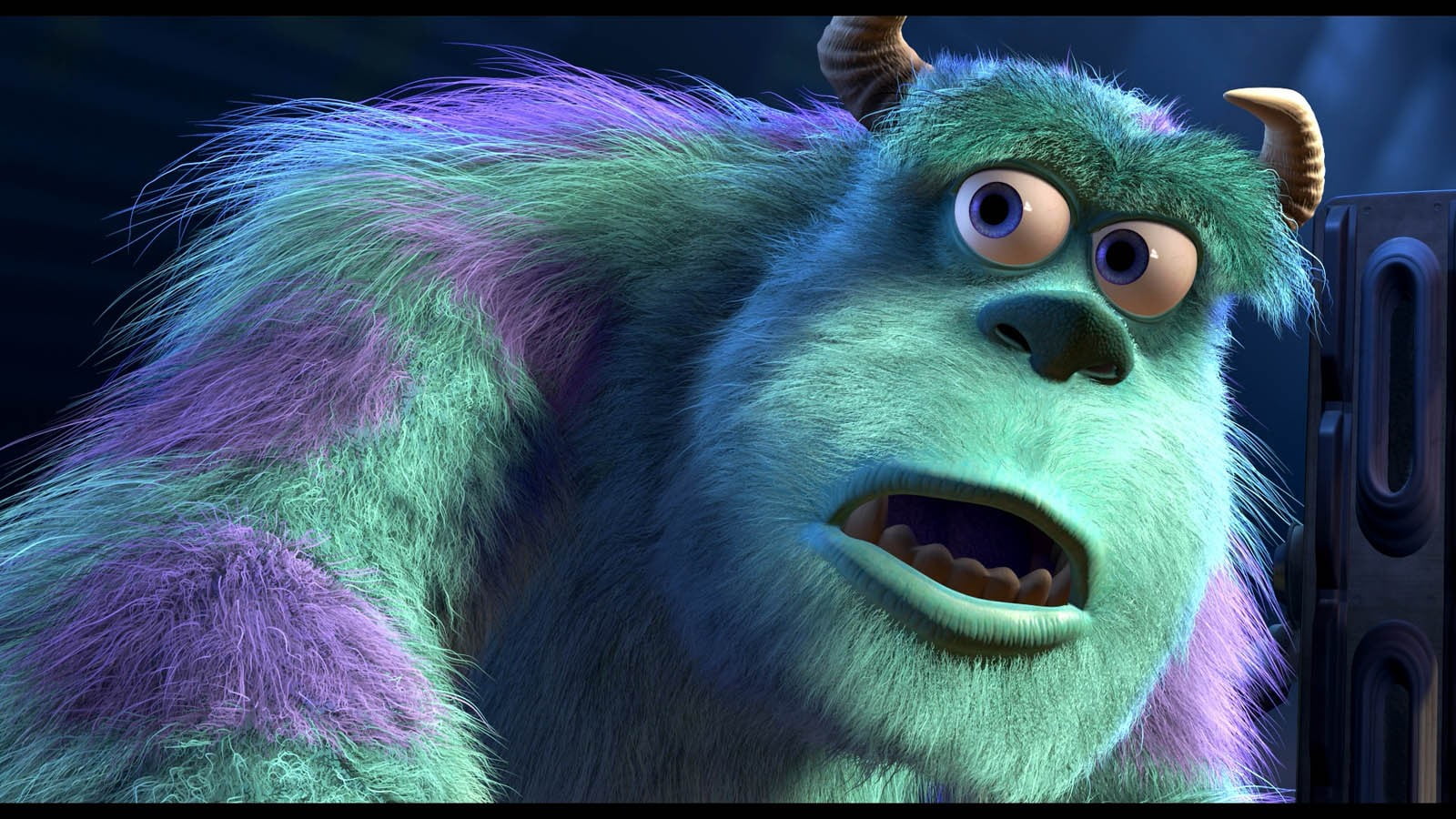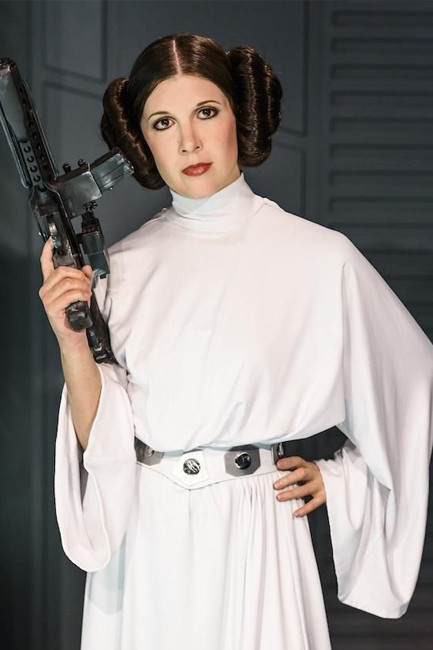I’m taking aim at a literary sacred myth when I suggest there is no such thing as “writer’s block.” There is no monster under the bed. There is no force of nature stopping you. Still, it’s a time-tested apology for not working on the thing you’ve committed to. “Writer’s block” is a beloved blue monster lurking under that bed to be hauled out with a fearful side-eye when deadlines approach, as the ultimate accountability bypass card.
To prove my point about the popularity of this concept, a simple Google search for the term “writer’s block” turned up 167,000,000 results. That’s a lot of social proof for what is essentially a ghost idea. There are books, classes, lectures, and a thousand “remedies” for the big blue monster. Author Michael Chabon even wrote a blockbuster novel about it, which was turned into a fabulously entertaining feature film. Although technically, Chabon’s story was, among other things, more about how to stop writing, not about getting started.
RUNNING SCALES AS METAPHOR
As a kid, I studied classical piano. For weeks and months and years on end, I came home from school and warmed up by running thousands of scales. They were simple, mindless drills that built muscle memory and skill. They were not in themselves great works of art. They were foundational. They gave me a scaffolding upon which to build mastery. As an art form, is writing any different? If in a lifetime of writing I’ve never experienced writer’s block, maybe I have my piano teacher to thank for it.

When I begin a new writing project, I get foundational. What this looks like: I journal by hand for weeks or even months before I take all of that material and reshape the clay of its essence into a useful vessel: a story. I sit down and listen to the storyteller in my head, that archetypal Greek chorus, and let it tell me what it wants me to know. I never know what I’m going to write about, but that wily narrative voice knows exactly what it has to say. You have to learn to trust the process, and really, deeply listen. You may not trust yourself yet, but you can always trust the process.
NAMING THE BLUE MONSTER
I suspect that what so many attribute to writer’s block is really a sort of overwhelm at the enormity of the prospect of having something of value to say to the world. That’s not blocked; that’s fight-flight-or-freeze all rolled into one and our fragile human egos quail at the prospect of offering an opinion and possibly and running the risk of being judged, or worse rejected. It’s important to know what lies behind the lie. Is it really no words, no fresh ideas? Or is it fear of a big blue monster named shame: a belief that you “Should Have Mastered Everything Already”?

My method for banishing the big blue monster: I embrace a sense of what Buddhists call beginner mind, and I run scales. Take notes. Do research. Journal. Study great works. We’re not inventing the wheel here; that’s already been done. Grant yourself some grace and run scales. If you can’t write an entire book right now, write the outline. Sketch some scenes. Write what you do know and leave stickers as space holders for what will come next. Be content with writing a bad first draft. Know that first drafts are almost never any good. The good news is: good writing comes with practice. And workshopping. And not squeezing the life out of your big idea and drowning it in self-doubt.
COMMIT TO YOUR REVOLUTIONARY ACT
If writing is your jam, commit to it. Make writing your story your way of committing a revolutionary act. As a young artist, Joni Mitchell sang in coffee houses for little or no money, practicing and refining her craft before she was “discovered overnight.” She had put in the time surrendered to the creative impulse. She ran revolutionary scales.
The “blockage” you feel could be a case of creative overwhelm. It could be a lack of confidence. It could be that you don’t really want to write that book after all. But here’s the thing. If you are showing up consistently, if you’re running scales, you are engaged in the entire process of writing –most of which happens before a single word is committed to the page. If you are working at the project, you are pre-writing and that my friend, is not writer’s block.

You can write that book if you’re willing to put in the work if you’re willing to run scales. And maybe running scales is your best attempt yet at committing your revolutionary act. Staying true to your vision requires courage and tenacity and about a thousand silent offerings to the gods of visionary creativity. Stay true long enough, and you will become your own revolutionary hero.
Cynthia Gregory is an award-winning writer and certified life coach. If you’d like a copy of her “Visionary Writer’s Book Outline” visit her website and subscribe to her newsletter.


